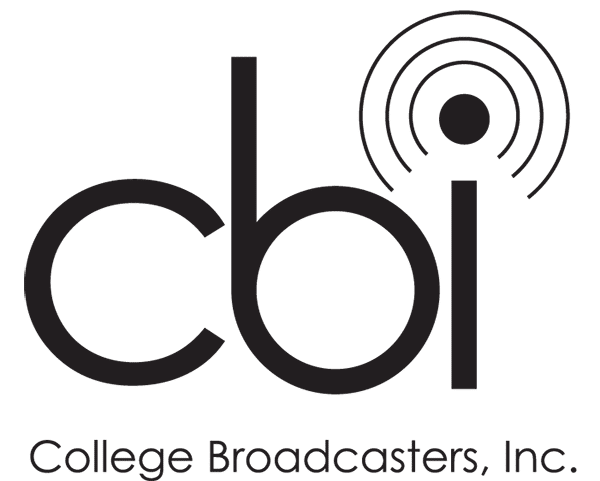June 27, 2013
Indecency – UPDATE & Call for Action
Last Updated on June 27, 2013 by askcbiorg
In early April the FCC asked for comments concerning its rules with respect to enforcing violations of airing of what it considers indecent content and asked whether they “should make changes to its current broadcast indecency policies or maintain them as they are”. Initial comments have already been filed. Now is your chance to file comments to help safeguard your station. The reply comment deadline is July 18, 2013. Comments should be filed electronically (see below for details). CBI will file a request for a 15 day extension to file comments, but do not count on the request being granted. If you agree with the need for student stations to give the FCC their perspective, you should also file a motion to extend.
There have been numerous filings on both sides of the issue. If you have an opinion, you can file your own comments. Before you do so, you should read on, but we urge you to file your thoughts with the FCC. Questions?
The NAB filed its comments on the issue and they are available here.
The primary issue at hand is whether fleeting or isolated incidents of airing indecent material is actionable given the changed circumstances since the Pacifica Decision decision by the Supreme Court 35 years ago and how the FCC develops its policy going forward with respect to enforcement. CBI and others are concerned with the primary issue and other issues which are not precluded from discussion in this opportunity to comment on FCC rules.
There are literally tens of thousands of comments submitted in this proceeding, the vast majority seem to be copied text from those wishing to restrict first amendment rights. There are some bright lights which need to be highlighted, including this filing by KUCR. and those filed by the Student Press Law Center (SPLC). (As a side note, the KUCR comments were submitted by John Crigler, GARVEY SCHUBERT BARER – who, along with Melodie Virtue have spoken at CBI conventions the SPLC comments were filed by Frank LoMonte who has spoken at CBI conferences and has agreed to speak again this year).
The KUCR and SPLC bring a number of pertinent issues to the table and we think your station should do the same if it agrees with the arguments. It can do so by filing reply comments in this proceeding. How?
Submit your comments at http://apps.fcc.gov/ecfs/upload/display?z=xk7vd. In the proceeding number page, enter 13-86. This is the link for quick comments. If you wish to file more detailed comments, use http://apps.fcc.gov/ecfs/upload/display?z=q3ljm .
The SPLC and KUCR comments focus on the following issues which we believe are pertinent to most of the membership with FCC licenses.
Student stations should be given more latitude and/or the rules are subjective. Given this subjective standard, the FCC should provide student stations with a lot of latitude before commencing action due the financial considerations and the lack of financial resources of student stations.
Student Broadcasting fulfills uniquely valuable community needs whose future is in jeopardy because of vague rules which do not, when enforced, do not discriminate on the impact of the the resulting fine would have on operations. For instance, a $325,000 fine or even a $32,500 would be devastating to a student station, but not be more than a slap on the wrist for a large commercial operator. Fines must be scaled to fit the nature of the organization, not the nature of the licensee.
The FCC has recently determined that student stations do warrant some extra leniency for first time “paper” offenses (see William Penn University (Docket No. DA 13-1074). There is nothing in the record to suggest that student media should not be afforded the same leniency with respect to this issue when “student stations” have even a hint of being 100% student run with a faculty adviser. For instance, as station with a staff adviser would not fall under the extra leniency policy recently established. The extra leniency policy would not apply to ANY student station with respect to Indecency complaints.
This is patently unfair as student stations, advised or not (regardless of the status of the adviser) are learning grounds and as such, are expected to make mistakes, even in spite of guidance from advisers. This is how students learn. The same leniency policy extended to “student” stations for paperwork mistakes should follow with respect to mistakes concerning indecent material. Further, the leniency policy should be expanded to encompass all student stations who are primarily staffed by students, regardless of who advises them or who volunteers.
CBI HIGHLY suggests you look at the arguments by KUCR and think about incorporating those thoughts in any comments you wish to submit along with our thoughts above.
CBI will be working to submit its own comments in the matter as well. CBI can use any comments and suggestions you submit via the comment form.
Questions?



